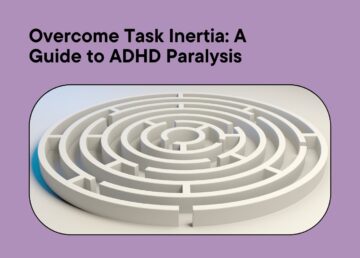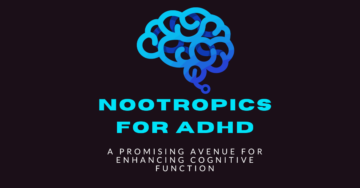
Writing about your feelings can be your secret weapon in the fight against a mental health condition. It has myriad advantages, starting with the fact that it helps get things out of your head onto paper.
If you’re struggling with your sleep, for example, then you may find that writing your thoughts down before bed helps you clear your mind and stops you from lying awake and thinking about all of the things you have to do.
For those who’ve never kept a diary or tried to journal, it can look a little strange. And yet, it’s proven to be one of the most useful and cost-effective tools to forge a better and more emotionally and mentally healthy life.
For example, this research demonstrated a link between writing and emotional processing. Writing for The Cut, Susan David explained, “[In each of his studies], Pennebaker found that the people who wrote about emotionally charged episodes experienced marked improvement in their physical and mental well-being. They were happier, less depressed and less anxious. In the months after the writing sessions, they had lower blood pressure, improved immune function and fewer visits to the doctor. They also reported better relationships, improved memory and more success at work.”
British anti-anxiety charity No Panic has also shared some research on journaling, listing 10 reasons why it’s so good for you. It boosts your memory, reduces stress, and provides an overall feeling of well-being. They add, “Expressive writing has been shown to improve liver and lung function and combat certain diseases.”
VeryWellMind points to research showing that journaling:
- Decreases the symptoms of asthma, arthritis, and other health conditions
- Improves cognitive functioning
- Strengthens the immune system response
- Counteracts the negative effects of stress
Writing for Intermountain Healthcare, Kasee Bailey outlines how journaling strengthens emotional functions, explaining, “As journaling habits are developed, benefits become long-term, meaning that diarists become more in tune with inner needs and desires. It presents an opportunity for emotional catharsis and helps the brain regulate emotions. Research even shows that expressive writing can help individuals develop more structured, adaptive and integrated schemes about themselves, others and the world.”
And so, as you can see, journaling is a good idea if you’re struggling with a mental health condition, and because it doesn’t cost you a penny, there’s nothing to lose. So why not go ahead and get started?




